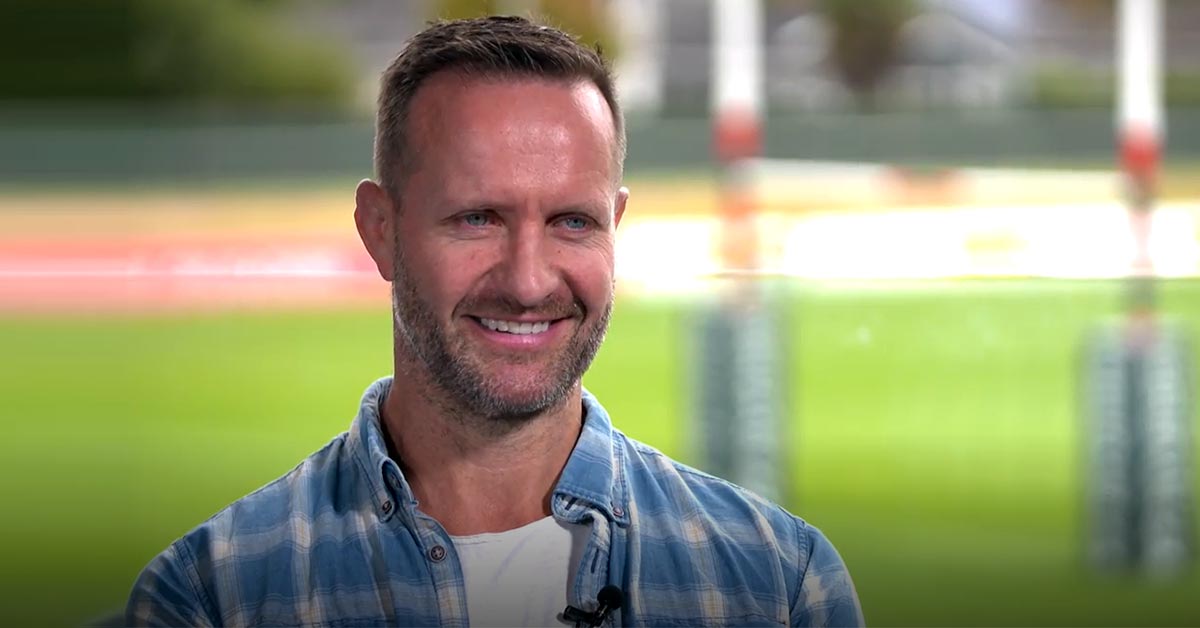Former All Black rugby player comes out as gay

Campbell Johnstone says he couldn’t reconcile his sexuality with the idea of being an All Black
Former All Black prop Campbell Johnstone says he’s decided to come out to help remove the stigma of being gay in the hyper-masculine world of rugby.
The 43-year-old New Zealander opened up about his sexuality in an interview with Hilary Barry on TVNZ’s television show Seven Sharp, making him the first openly gay former or current All Black.
Johnstone played for the All Blacks in 2005 as well as for several teams in New Zealand, France, Russia and Wales.
“If I can be the first All Black that comes out as gay and take away the pressure and stigma surrounding the issue, then it can actually help other people,” Johnstone told Barry.
“Then the public will know that there is one in amongst the All Blacks. To be able to do that could possibly be one of the final pieces in the puzzle in New Zealand sports-wise that gives everyone closure.”
He revealed that during his playing days, he couldn’t reconcile his sexuality with his “ideal mould that I had in my head about an All Black”.
He suppressed that part of himself “deeper and deeper,” which he said was like having “a double life” and “living a lie”.
Today, he said, he is in a relationship with his partner and is “very much happy and very comfortable about myself”. He hopes that his public coming out is “going to help a lot of people”.
The All Blacks responded to Robinson’s interview in a Twitter post. “Much love and support for All Black #1056 Campbell Johnstone for having the courage to share his story and helping create a more inclusive game,” said the team.
Mark Robinson, CEO of New Zealand Rugby, also offered his support to Johnston in a statement on behalf of the organisation.
“I want to acknowledge and support Campbell for sharing his authentic story. Your strength and visibility will pave the way for others in our game,” said Robinson
“Rugby is a sport that is welcoming to everyone and a place where people should feel safe to be who they are. We know that there are people who have not always been comfortable to be who they are in rugby. We want to be clear, no matter who you love, rugby has your back,” he added.
Leave a Reply